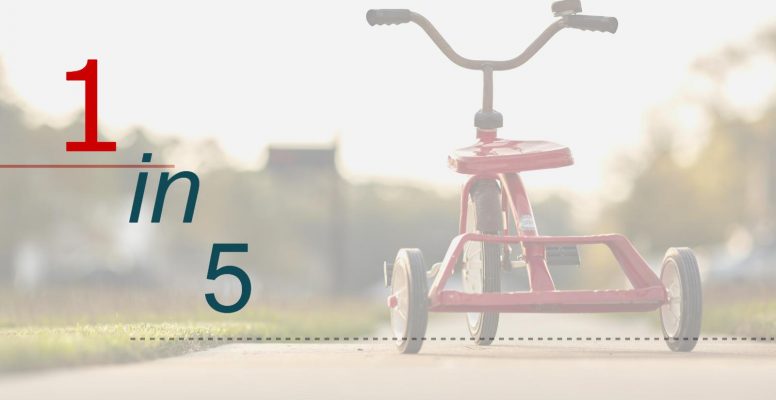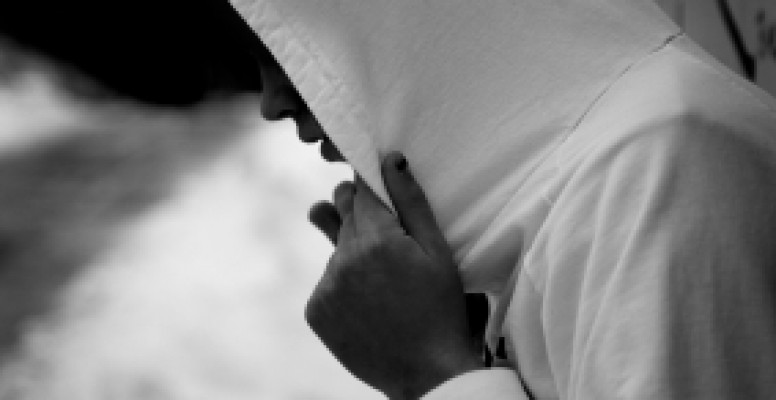Written By: Brett Trace, Clinical Trainee at ACS, Outlet Program If You’rea parent of a teen or someone who works with teens, odds are you’ve encountered teenage irritability. What may have felt like an easygoing, straightforward comment might cause your teen to become angry or withdraw from the conversation. Friends that they’ve had for a […]
Written By: Wendy Ortiz-Rodriguez, Clinical Trainee at ACS, On-Campus Counseling Program SOCIAL MEDIAhas become popular over the years and it has become one of the main sources for communication and entertainment. As much as we love to scroll through our electronic devices and keep up with our favorite role models, friends, family and so much […]
Written By: Megan Collom, Clinical Trainee at ACS, On-Campus Counseling Program ALTHOUGH IT IS NOTas well known as other eating disorders, orthorexia is just as damaging and dangerous. Orthorexia is not formally recognized by the Diagnostic and Statistical Manuel and is not an official diagnosis, yet, it is still a form of disordered eating. Orthorexia […]
Written By: Tucker Chopp, Clinical Intern at ACS, Outlet Program for many young people,the teenage years become increasingly fraught with highly self-conscious thinking. It is typical for adolescents to become preoccupied with how they are perceived by others and how they fit into society. How teens present themselves physically often becomes a significant concern in […]
Written By: Grant Robinson, Clinical Intern at ACS, On-Campus Counseling Program what would you say is an athlete’s toughest competitor? Their opponent? The playing field? The other side’s coaches or parents? What about an athlete’s own body and mind? There are so many different opponents that an athlete has to deal with on a daily […]
Written By: Meg Anderson, nprED About one in five children in the United States shows signs of a mental health disorder — anything from ADHD to eating disorders to suicide. And yet, as we’ve been reporting this month, many schools aren’t prepared to work with these students. Often, there’s been too little training in recognizing the […]
Written By: Alex Basche, ACS Clinical Intern, Adolescent Substance Abuse Treatment & Community Counseling Programs Through my work in ACS’ Substance Abuse Treatment program, it is not uncommon to see co-occurring behavioral disorders in youth struggling with substance abuse. Anxiety, mood and behavioral disorders top the list of the most common adolescent mental health diagnoses, so […]
By: Christine Miller, ACS Clinical Intern, Community Counseling Program and Adolescent Substance Abuse Treatment Program Have you ever noticed that your friends, family, children, or even yourself, feel “down” when the days grow shorter and the weather becomes colder? Maybe you feel irritable, sad, experience a change in appetite or sleeping patterns, or have […]
Image: Cascadian Farm Source: palyvoice.com by: Lydia Barry Published November 9, 2014 Counseling at Palo Alto High School is highly stigmatized, and is a concept many students are ignorant towards. Some do not know what Adolescent Counseling Services (ACS) is or exactly what it does. “I don’t think people utilize [counseling] as much as they could,” senior […]
By: JoAnn Kukulus, M.S. Clinical Psychology BBS Registered Intern at Adolescent Counseling Services Increasingly at Adolescent Counseling Services, we are encountering clients who are struggling with both alcohol or substance use/abuse and mental health issues such as depression, anxiety, bi-polar disorder, and the effects of trauma (PTSD). The intersection of these conditions is rapidly gaining […]








